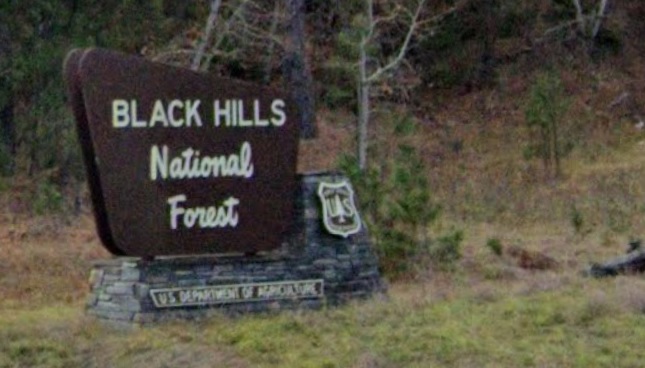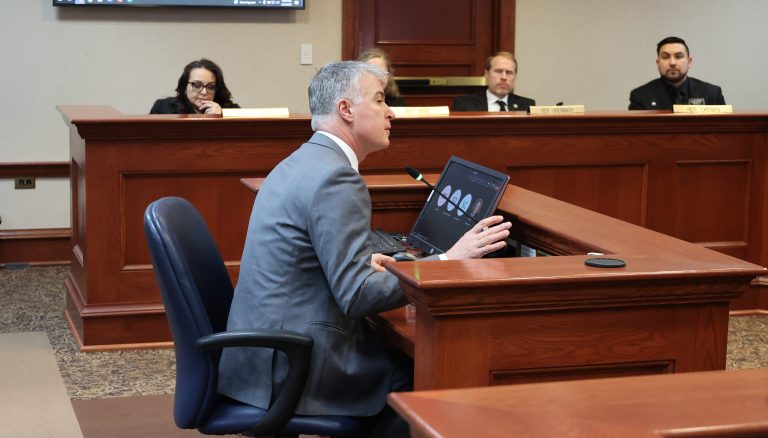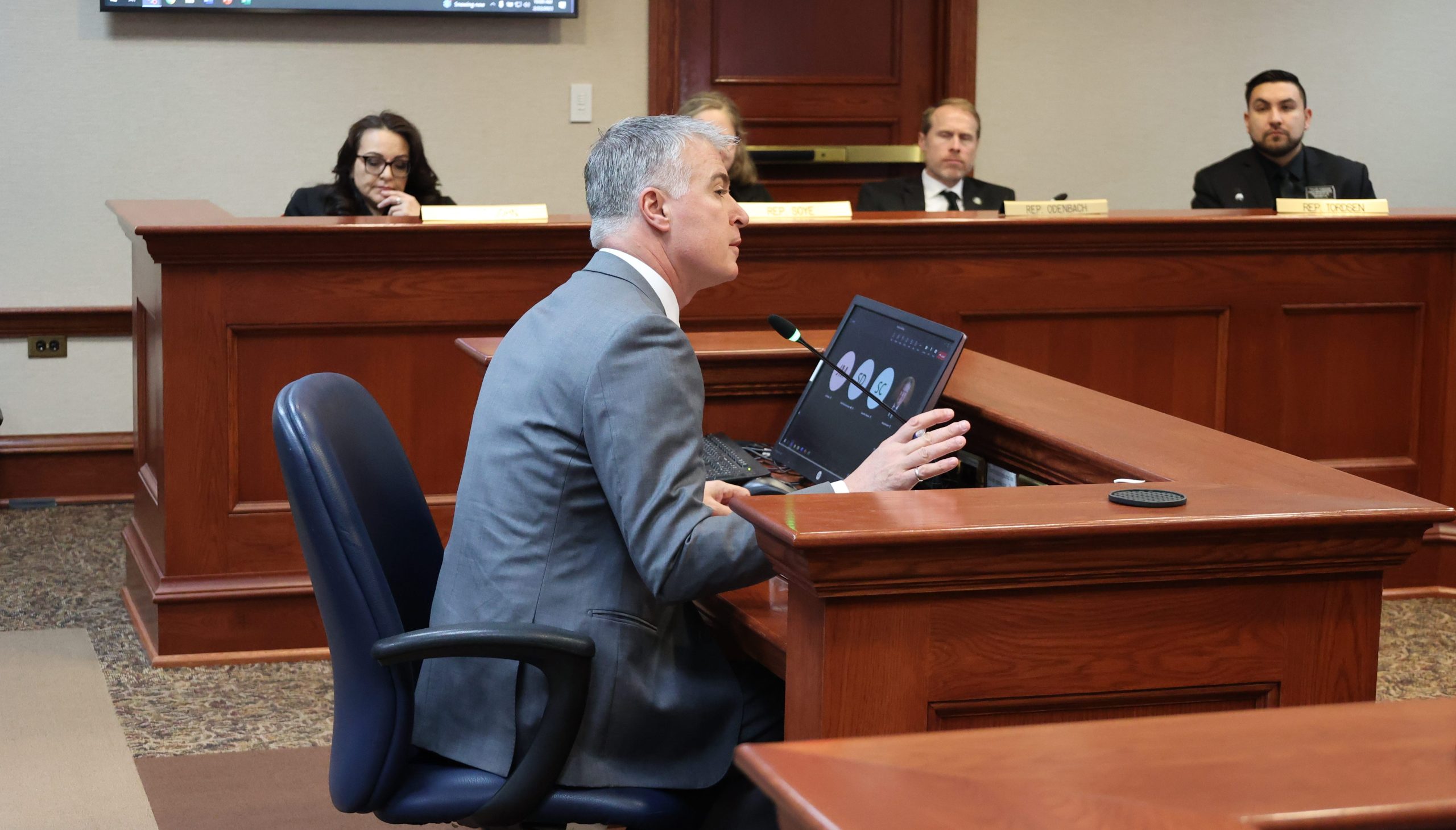UNDATED – A South Dakota forest expert is leading an effort to ensure invasive tree bugs are not hitching rides on trains from other parts of the country to the Black Hills.
The trains are transporting logs from forests in other states to Black Hills sawmills in need of timber. It’s a pilot project operated by the National Wild Turkey Federation for the U.S. Forest Service.
The effort is welcomed by the owner of the Black Hills sawmills, a company called Neiman, which has suffered from declining timber availability. But there are concerns that come with shipping logs from one ecosystem to another, said John Ball, a professor and forestry specialist at South Dakota State University in Brookings. The state Department of Agriculture and Natural Resources has contracted him and a team at SDSU to conduct the timber monitoring with up to $105,828 in federal funding.
“When you’re going to bring in logs from one area of the country with different pests, it’s wise to monitor and see if you’re bringing in any insects that are common there, but not our area,” Ball said.
There are three insects of concern: the western pine beetle, the California fivespined ips and the California flatheaded borer.
“Those three insects can be a killer of ponderosa pine,” Ball said.
Ball’s team is setting traps for the bugs at sawmills in Spearfish and Hulett, Wyoming, and a sorting yard in Upton, Wyoming.
South Dakotans already have experience with mountain pine beetles, a bug that’s native to the Black Hills. The beetles burrow into the bark of pine trees, lay eggs and introduce a fungus that disrupts nutrient flow. An epidemic of mountain pine beetles killed millions of Black Hills trees from the 1990s through the early 2000s.
The transport project, announced in March, captures and transports excess wildfire-damaged timber from locations including the Klamath National Forest in California and Oregon.
After a wildfire, some burned trees are removed to prevent them from falling on people and to reduce fuel for another fire. Burned trees may also be removed to help regenerate the forest floor by reducing competition for resources like sunlight, water and nutrients.
Depending on their condition, salvaged logs may be usable as lumber, pulpwood for paper or biomass for fuel.
The pilot project, funded with $50 million from the Inflation Reduction Act and Bipartisan Infrastructure Law, seeks to foster healthy forests while providing logs to sawmills short of timber. The Forest Service has said conclusions drawn from the project will guide decisions about expanding the program.
Ball said the bug surveillance aspect of the project is a collaboration with the sawmills, rail companies, the Forest Service and Wyoming’s forest health team.
He said mills in the Pacific Northwest strip the bark from the timber, which helps to mitigate potential problems since bark bugs have a tough time surviving when the log has no bark.
Ball said the insect trapping, which started receiving funding in April, has found nothing alarming so far.












